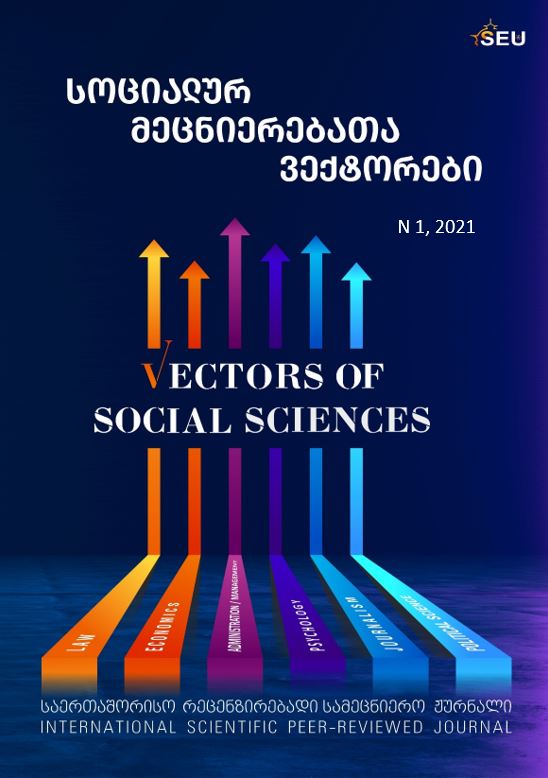Russia’s Energy Expansionism On The Example Of Nord Stream 2 In The European Union
Main Article Content
Abstract
The modern world depends on energy, the consumption of which is increasing, while the use of resources is becoming more and more intensive. It should be noted that imperialist Russia makes excellent use of this opportunity, which is reflected in the expansion and strengthening of its sphere of political influence. As we know, all states hold energy policies based on national-strategic values and define national aspirations and priorities. Russia has a big amount of energy resources, which it uses quite purposefully. The main tool of the Kremlin’s expansionist policy is energy policy, which opposes European integration and increases its own role in the international arena. Despite the fundamental radical differences between the democratic West and undemocratic Russia, they still manage to find common preventive-cooperative relations in terms of energy policy. A clear example of this is the energy relations between Russia and Germany, which are complex and perennial.
The Nord Stream 2 is a project of global importance that explicitly increases the EU’s energy dependence on Russia, which may not prove as beneficial to the Brussels side as it may do to the Moscow side. Both Putin and his governance system are using their country’s resources and geopolitics “dishonestly” to exercise considerable influence on political space around them, serving the national interests of Russia. Therefore, in the eyes of the developed West, Russia is perceived as an aggressor and an undemocratic country, which creates a negative political landscape for both the European Union and the international political arena. That is why such maneuvering of Russia is not positively understood by any of the powerful states of the world, as this very project is found to be an integral part of world politics. The United States also supports this view. The Nord Stream 2, followed by Brexit, is the first international project and it is literally a dynamic action on how the energy relations between the EU and Russia can be continued. At the current stage, Germany’s political actions are more profitable and productive for Russia than for the EU, since this case carries the potential for the energy sector of the two parties to become more integrated.
